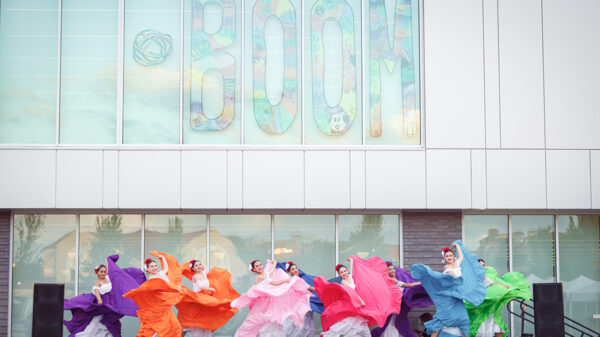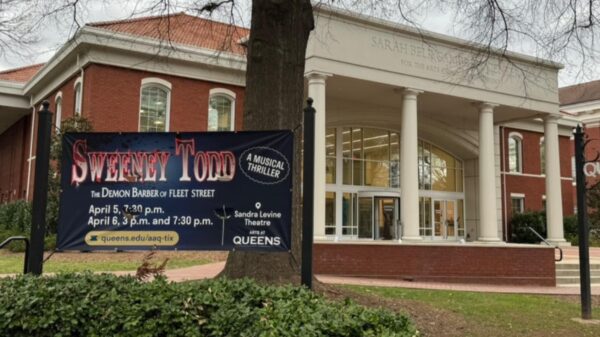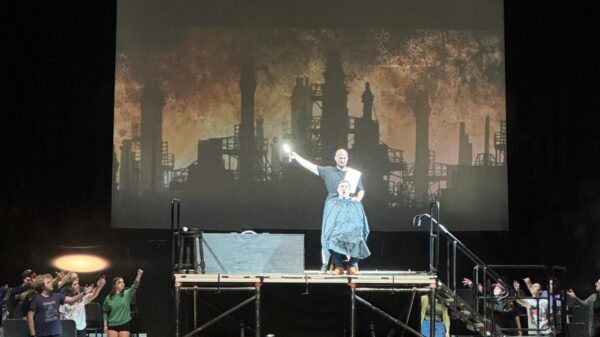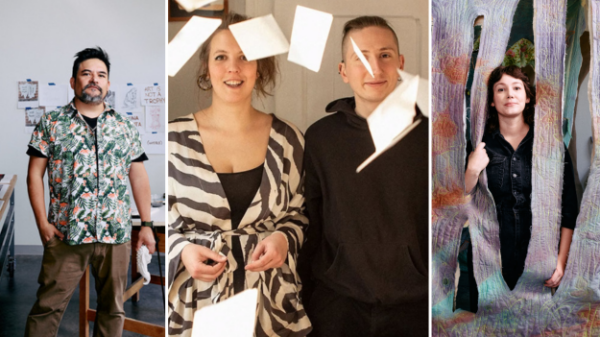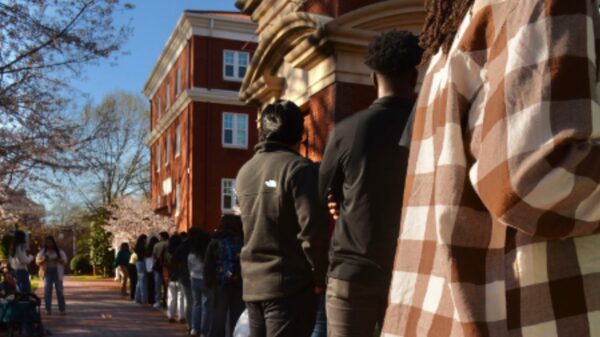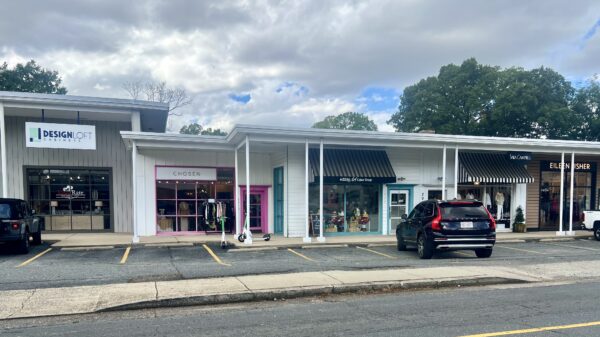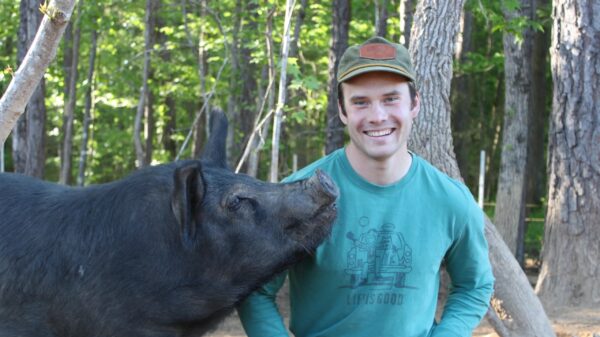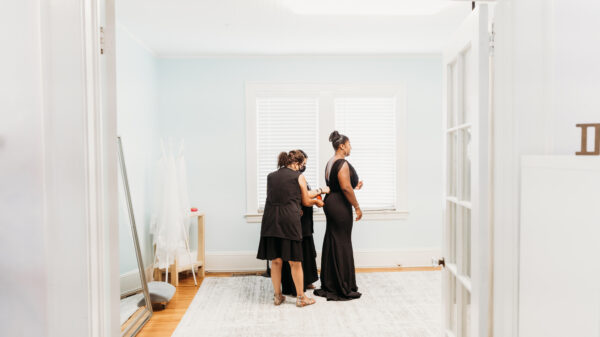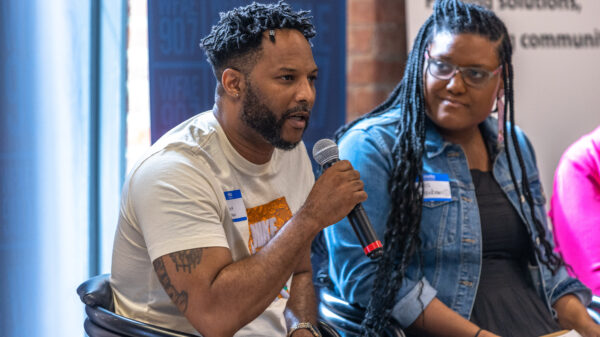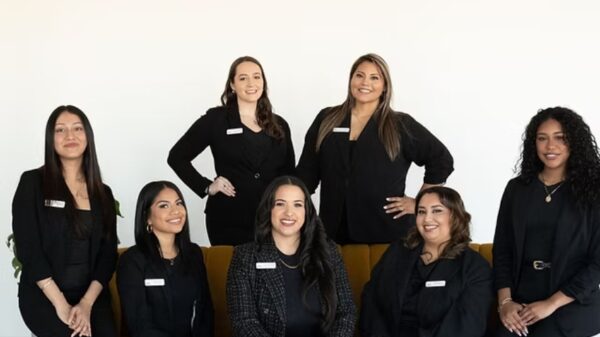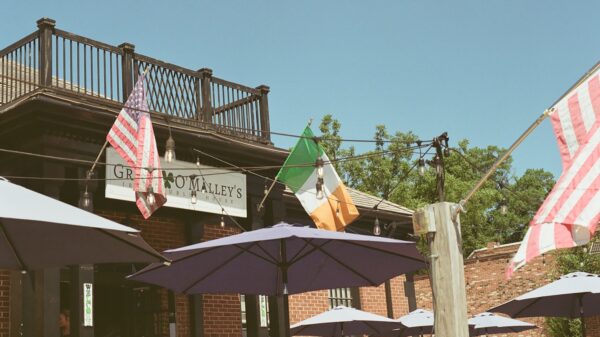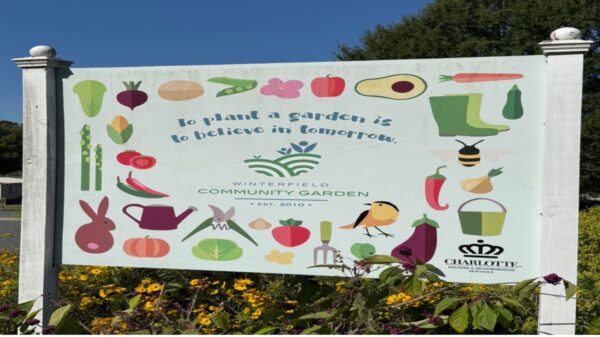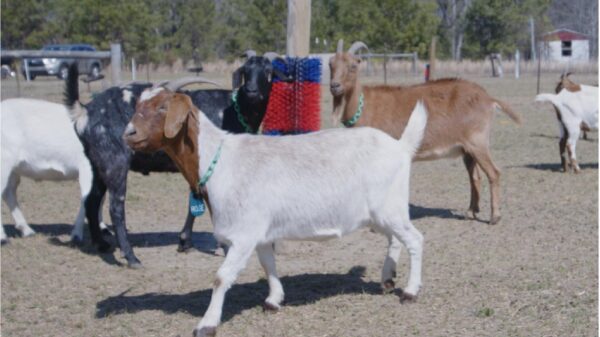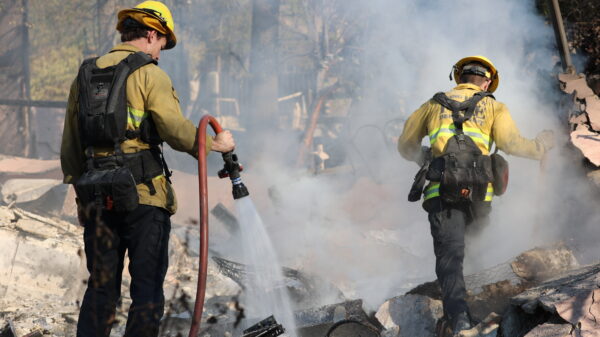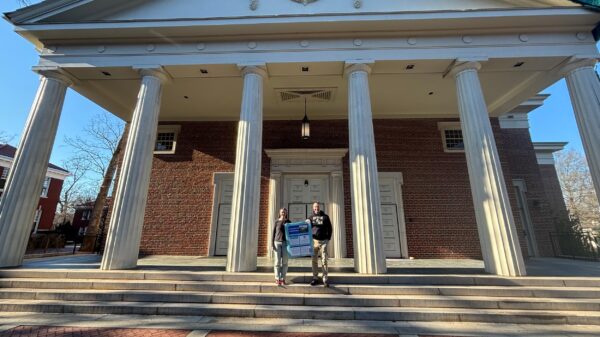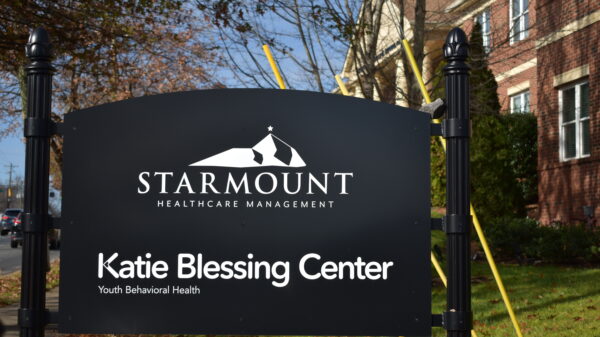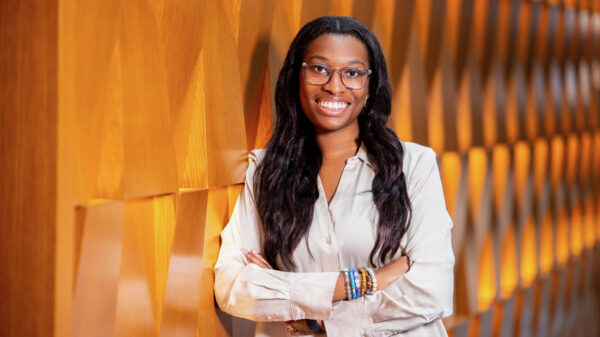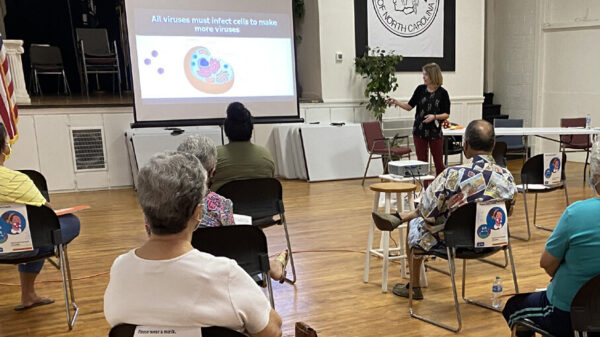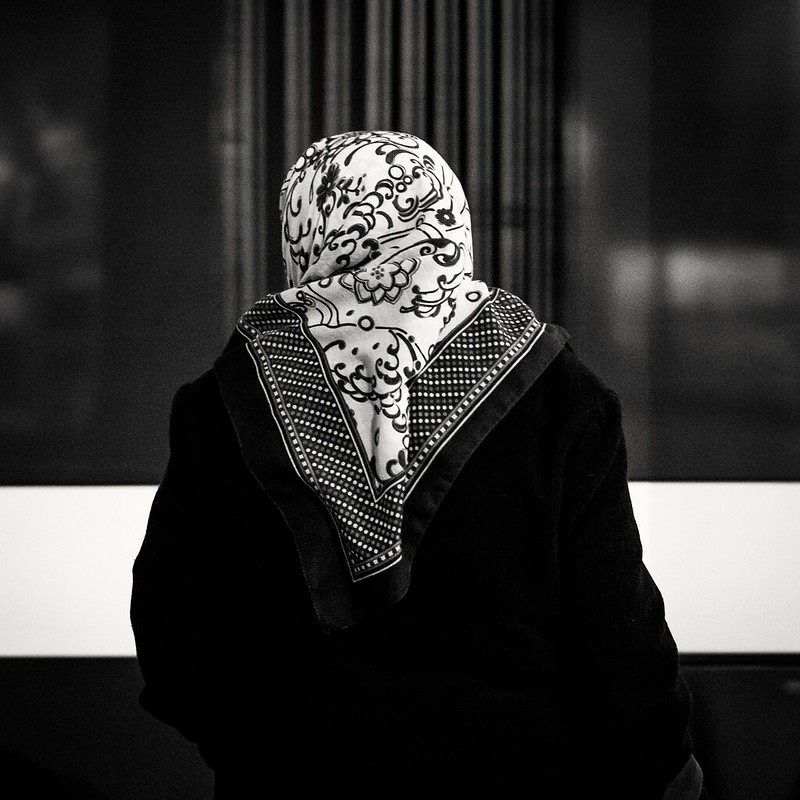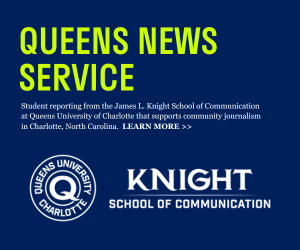In recent research on the experience of Muslim women, Charlotte religion professor Hadia Mubarak interviewed women from throughout the United States. All of them had experienced discrimination or hate crimes, and all of them were wearing headscarves at the time of the incident.

As a Muslim who grew up in Panama City, Fla., and has studied and taught throughout the southern United States, the 38-year-old Mubarak has her own stories to tell.
“Statistically, Muslim women are much more likely to bear the brunt of hate crimes and discrimination than Muslim men,” Mubarak said in a recent lecture. Her research is consistent with studies conducted by the Pew Research Center in 2017 and 2019.
In the last few years, Mubarak has taught religion at Davidson College, Guilford College, and UNCC. She is now an assistant professor of religion at Queens University of Charlotte. In a lecture organized by Queens and Wingate universities, Mubarak summarized the experiences of Muslim women in the United States. She also described a few tactics that help people live through these experiences.
In her research, she and co-author Naved Bakali interviewed about two dozen women from a broad demographic spectrum. Their experiences fell into four key themes, she said. First, hate crimes and discrimination against Muslim women increased significantly after the 2016 election of President Donald Trump, more so than after 9/11. Second, the incidents are often witnessed by “unsympathetic bystanders,” or people who do nothing in response. Third, discrimination often conflates Muslim women as both violent terrorists and oppressed people. And last, it portrays Muslims as foreigners, not Americans. Mubarak and Bakali wrote about these themes for a chapter in a July 2020 book edited by UNCC communication professors Christine Salkin Davis and Jonathan L. Crane, “The Personal is Political: Body Politics in a Trump World.”
“There was one case of a young 15-year-old girl here in Charlotte who had gone through so
much bullying by her classmates,” Mubarak said. “She said when we interviewed her that the most difficult aspect of it was the fact that some of this bullying happened right in front of school teachers or administrators who just pretended they did not hear it.
“This is a very studious young girl who wore a headscarf at that time,” Mubarak said. “She told me this one story where she was going to the movies to watch ‘Zootopia’ … and the security guard in the movie theater told her that she could not be allowed in. He said, ‘I don’t know what you’re hiding under that,’ pointing to her headscarf.”
Some Muslim women wear headscarves as an expression of faith and modesty, although Caitlin Killian, a Drew University sociology professor, describes many reasons. Mubarak recalls one pharmacist who told her that a client once complained to the pharmacy’s manager, questioning her qualifications, because she wore a headscarf.
Mubarak, who also wears a headscarf, has similar personal experiences. In 2003, when she was jogging as a graduate student in Washington, D.C., someone screamed a question at her — “Are you training for Jihad?” In school in Florida, she remembers being called “terrorist” and “raghead,” and it baffled her that many people believed violence was encoded into her genes. Once, a friend she had known for many years asked her to remember not to bomb people when she grew up.
People can help prevent discrimination against Muslims in several ways, Mubarak said. If they witness discrimination, they can stand up and show support and understanding, which is extremely meaningful for the victim. They can recognize that discrimination often increases after domestic or international terrorism incidents. Mubarak said she sometimes wears her husband’s Dallas Cowboys hat after periods of conflict, to show something human and relatable. Additionally, they can learn about different religions by participating in community interfaith education programs.
“In this age of hyper-nationalism,” she said, “we often forget and get lost in our diversity, and we lose sight of the essence of our common humanity, which bonds all of us.”
Jeanette Muhammad
Maya Forbes

